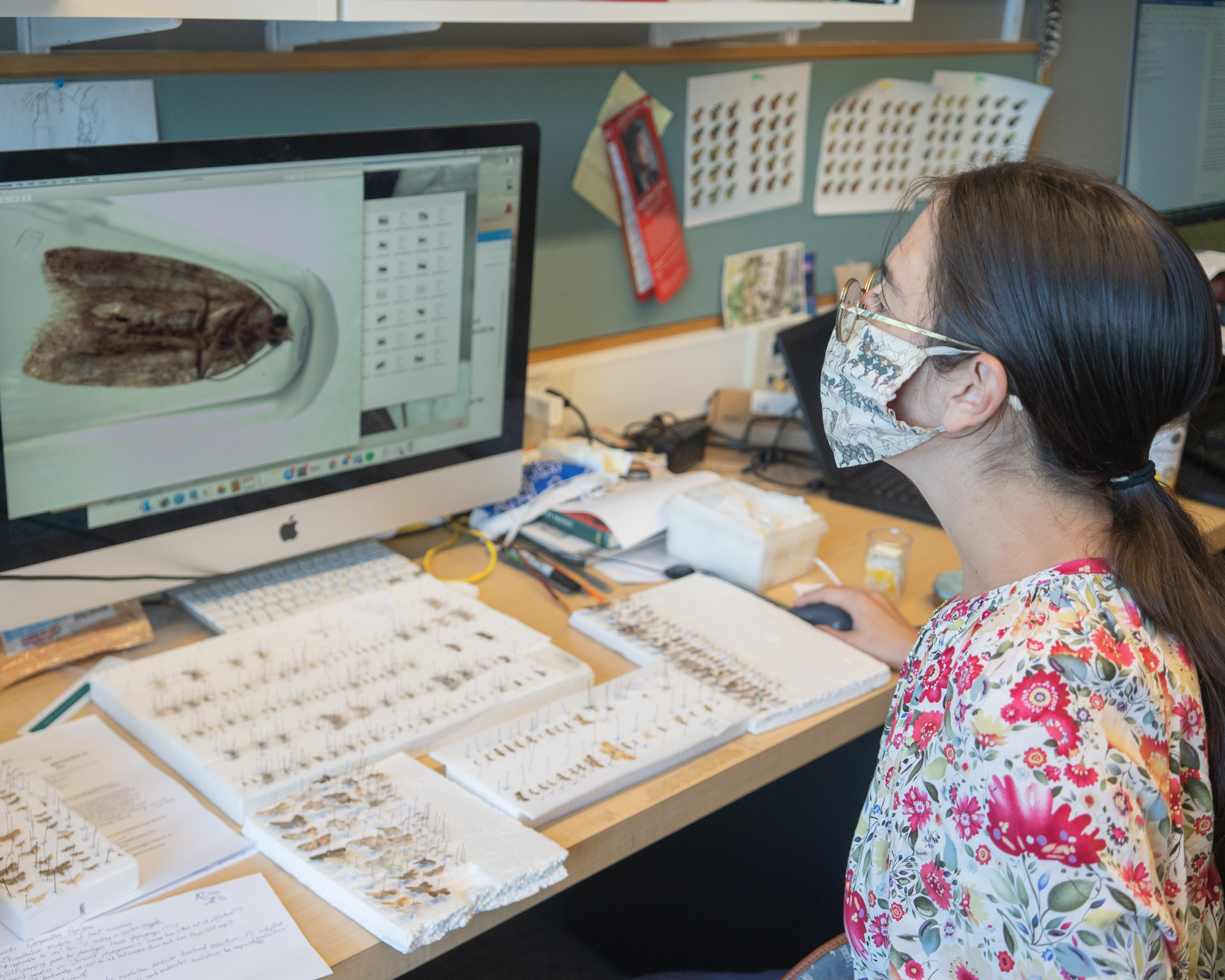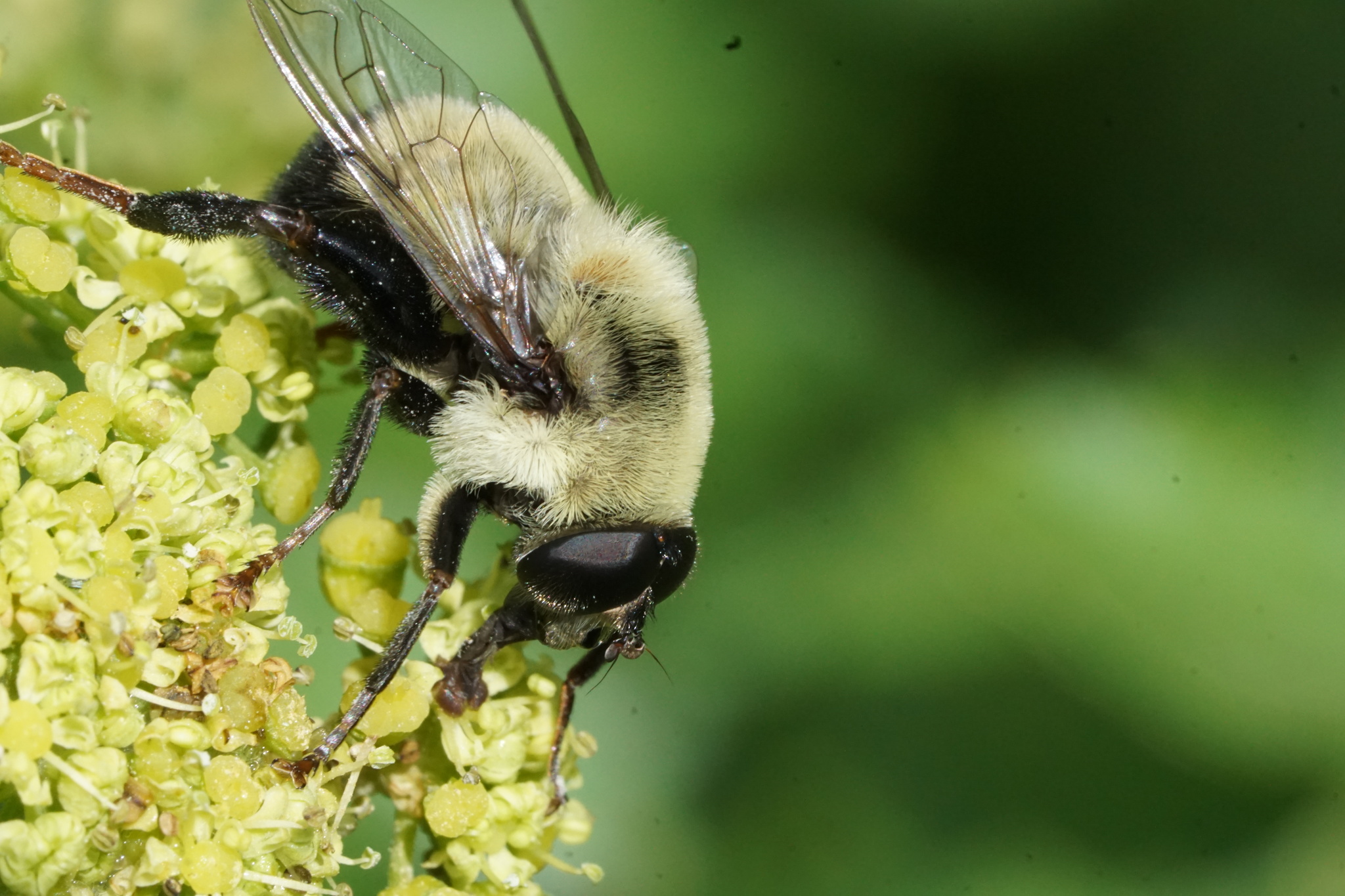Tuesday, April 8th
In-Person Meeting
Virtual Zoom Option
7:30 PM EST
Moths in Places: The Complex and Fascinating Relationships of Lepidoptera and Landscapes
Sarah Dendy
or my research, I have spent the past three years collecting moths at various sites in New England. Moths are closely associated with specific habitat features, including abundance of their larval host plant. I wanted to see whether different assemblages of moths would tell me about the characteristics of the surrounding landscape. This presentation will reflect on the progress of this work, including some built intuition about these animals and the landscape features I believe to be significant to their success. I include a brief introduction to several of the important and charismatic families of moths that can be found in and around Cambridge, as well as some larger ideas about local ecosystems and conservation futures.




